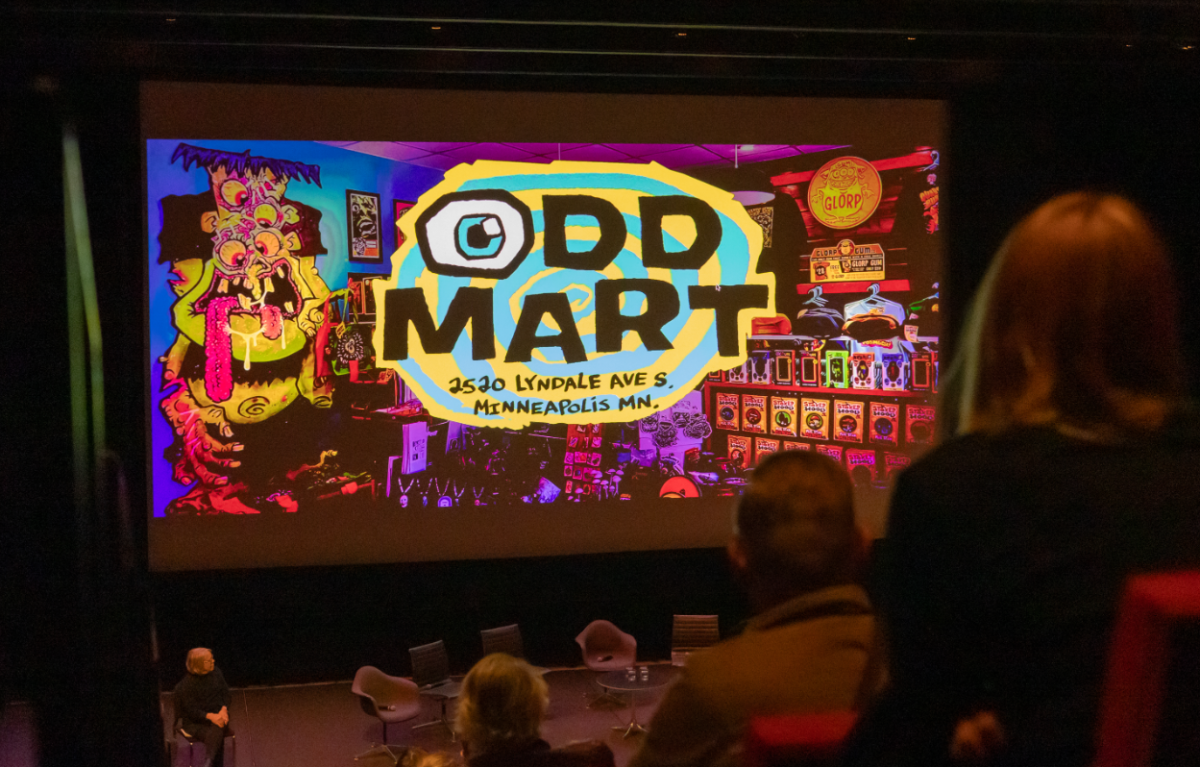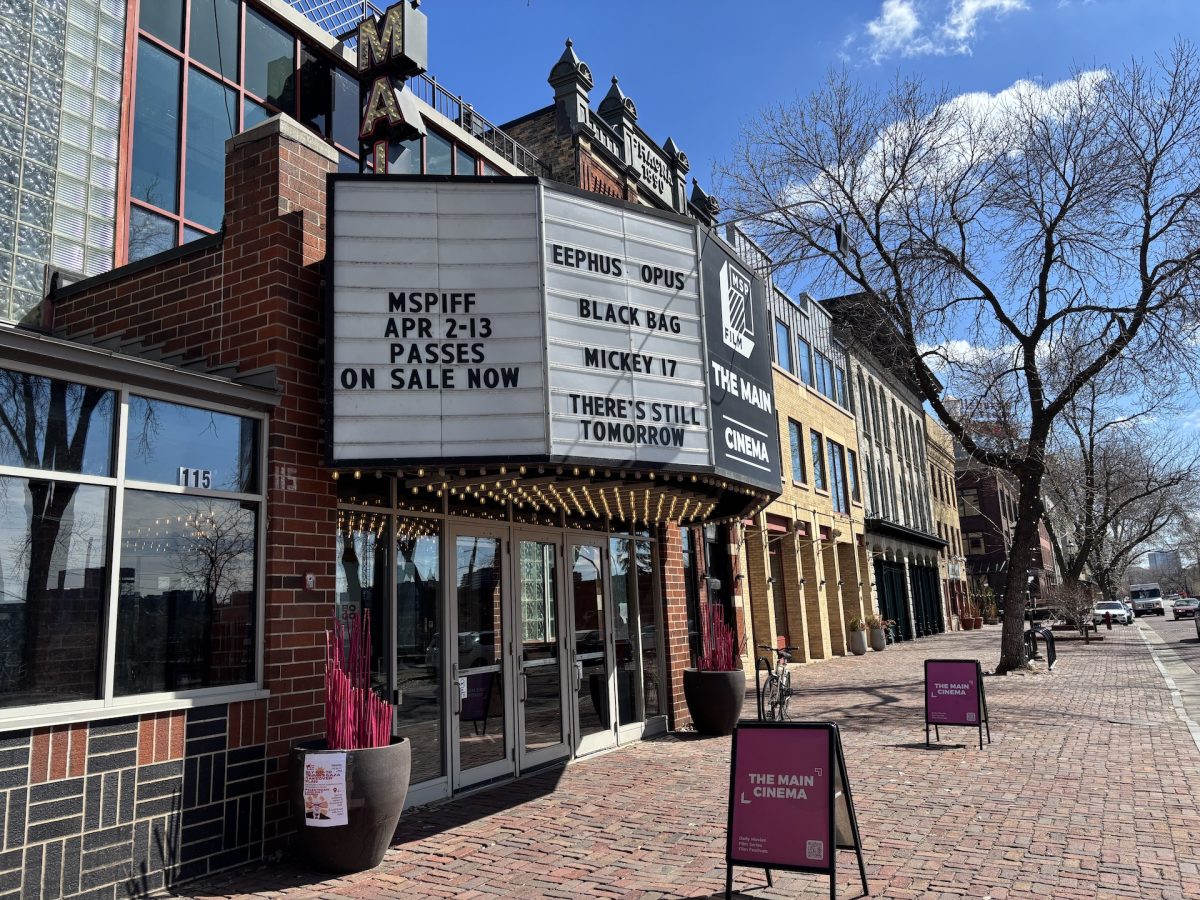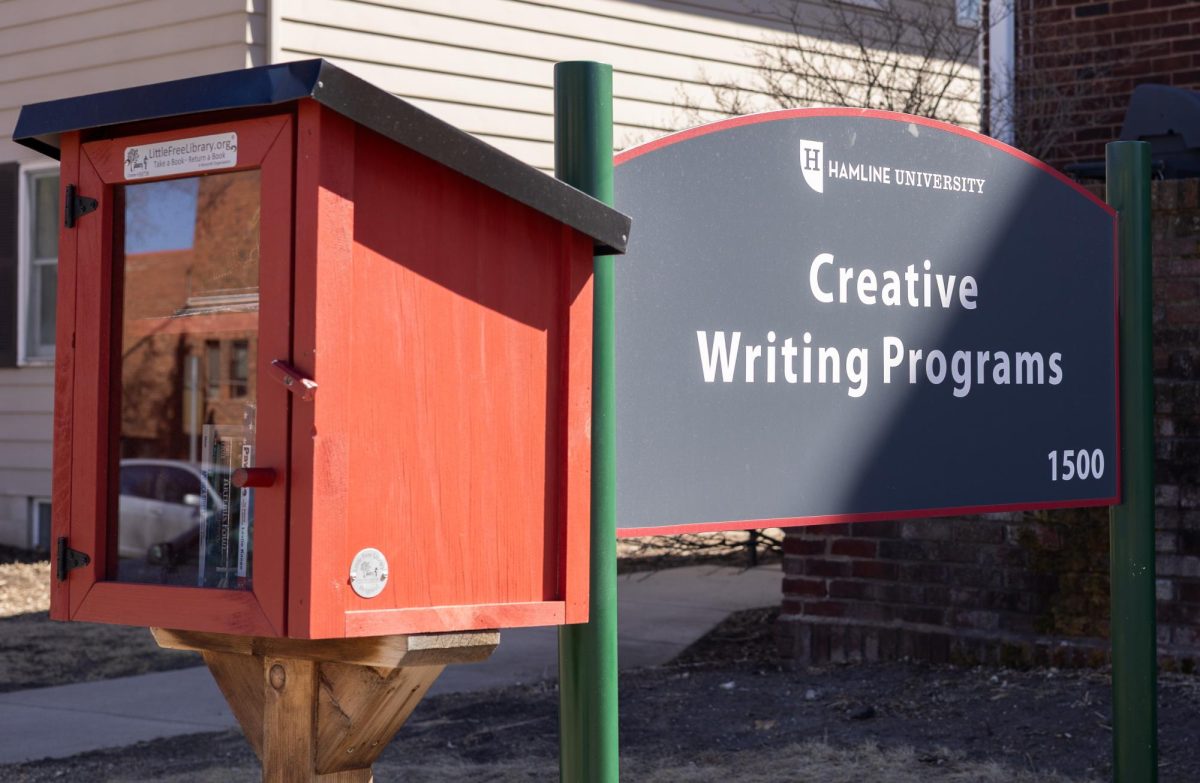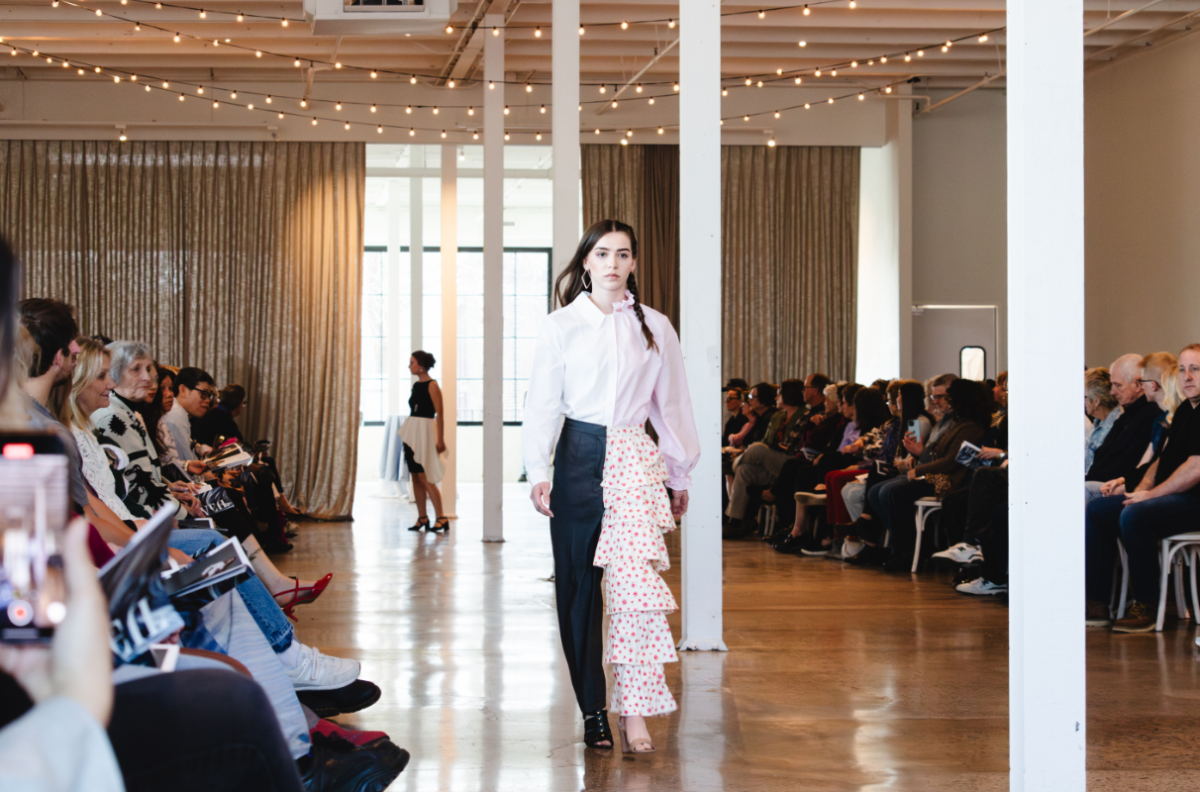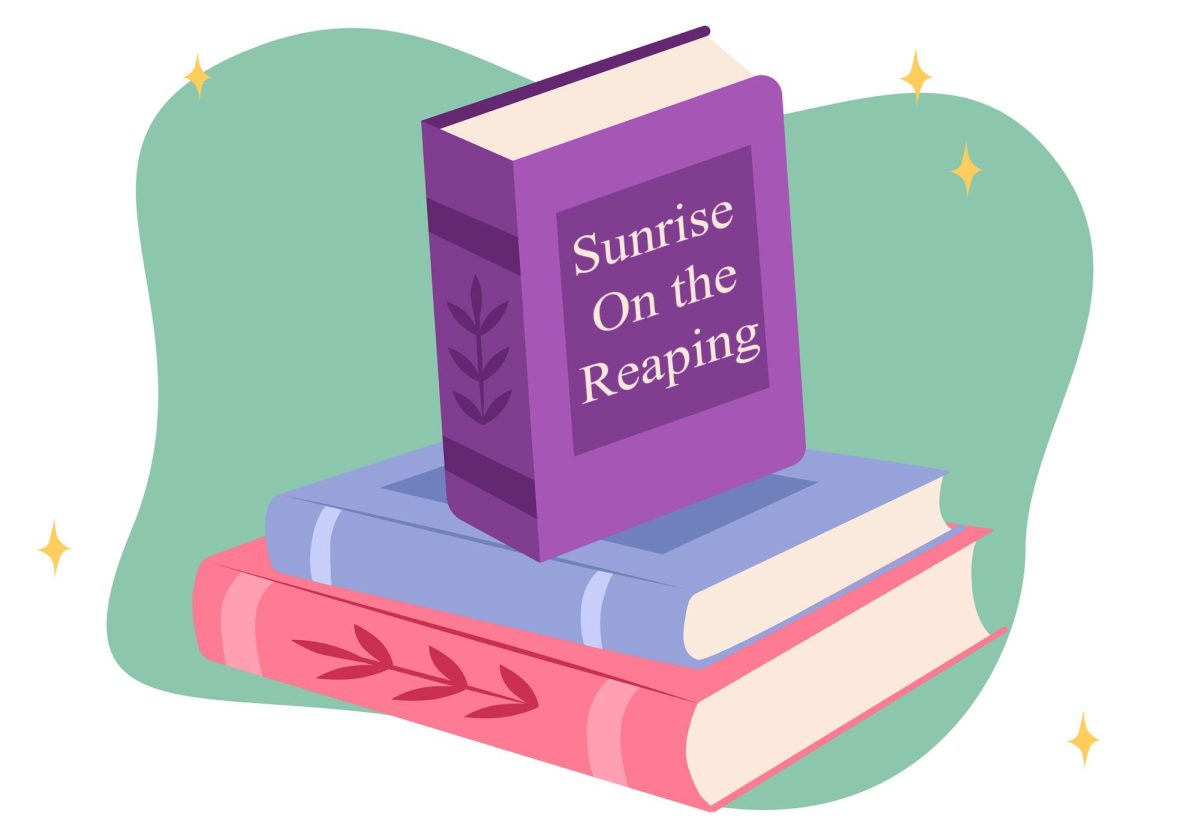When you go out dancing, how much time do you spend dancing versus recording your surroundings to show your social media following how fun of a night you’re having?
Sibling DJs Christina and Josef Lorenzo, better known as Tinzo and Jojo, wanted to bring the focus of dance parties back to dancing, so they banned phones from the dance floor for all shows through their New York City-based collective, Book Club Radio.
“Book Club Radio is inspired by how we like to experience a night out: no phones, not facing the DJ, just hanging out and dancing with each other,” the collective’s website says.
During their party at the Varsity Theater Saturday night, the siblings’ latest stop on their Dial Up Tour, not a single person on the floor had their phone out. They just bathed in the flashing blue light and swayed to the steadfast four-on-the-floor beat.
Instead of actually taking people’s phones, everyone got a sticker to put on their outward-facing camera.
At first, I thought the stickers wouldn’t be able to hold people accountable, but Tinzo and Jojo make their parties so fun that no one will feel like they have to go on their phones.
Plus the stickers are a fun souvenir, especially because non-tour Book Club Radio parties are invite-only. The exclusivity is for logistical and safety reasons, given that Book Club has no larger sponsor and is entirely donation-funded and community-based.
The Dial Up Tour is a testament to both the collective’s success and its ethos — to connect everyone to the transcendental qualities of dancing to live music, not just those lucky enough to get invited.
The shows are meant to transport partygoers “back to a time when the internet was wild, unfiltered, and free from social media,” with “(Four) hour-extended sets of that classic house sound that’ll keep you moving all night long, accompanied by sights and sounds that’ll transport you into a pre-Y2K computer screen,” according to the Tour’s website.
Those visuals were projected onto a massive screen throughout the night and included spinning, three-dimensional geometric heart shapes, flashing black and white tunnels and various points from their manifesto, such as “Be open to unfamiliar music and sounds.”
Tinzo and Jojo spun in a barricaded area in the middle of the floor, and many people still watched them spin together and separately. Each sibling commanded the array of lit-up buttons and knobs like the captains of a space shuttle.
The Saturday night show was extra special for the Lorenzo siblings because they were born in Minneapolis. Their older brother, Fino, opened for the pair, and they took the time to thank him between the two halves of their set.
The siblings paid homage to their birthplace with an energizing house remix of Prince’s “When Doves Cry.” Naturally, small spotlights on either side of the screen glowed purple during the song.
Leaning my head back and swaying to the music felt like my hair was being pressure washed at a hair salon.
In other words, it was a cleansing experience.
Other partygoers leaned heavily into the music, too. A man in a neon yellow jacket and white Adidas sneakers cleared a 10-foot radius around him as he danced, effortlessly twisting and stepping to the beat.
Later in the set, he stepped in place and held his arms out wide, as if he were surrendering himself to the music.
It was also surprising to see a number of Gen X and older people at the party, too — the old guard of the dance scene.
House music itself originates from Chicago’s underground club scene during the early 1980s when DJs started altering disco songs to give them a more mechanical beat, according to Lynnée Denise for Harper’s Bazaar.
Not only is it a Midwestern genre, it’s a Black and queer one, too. According to Denise, the genre sprouted from the mixes DJ Frankie Knuckles, now known as the Godfather of House Music, spun at the Warehouse, a Chicago club for predominantly Black gay men.



